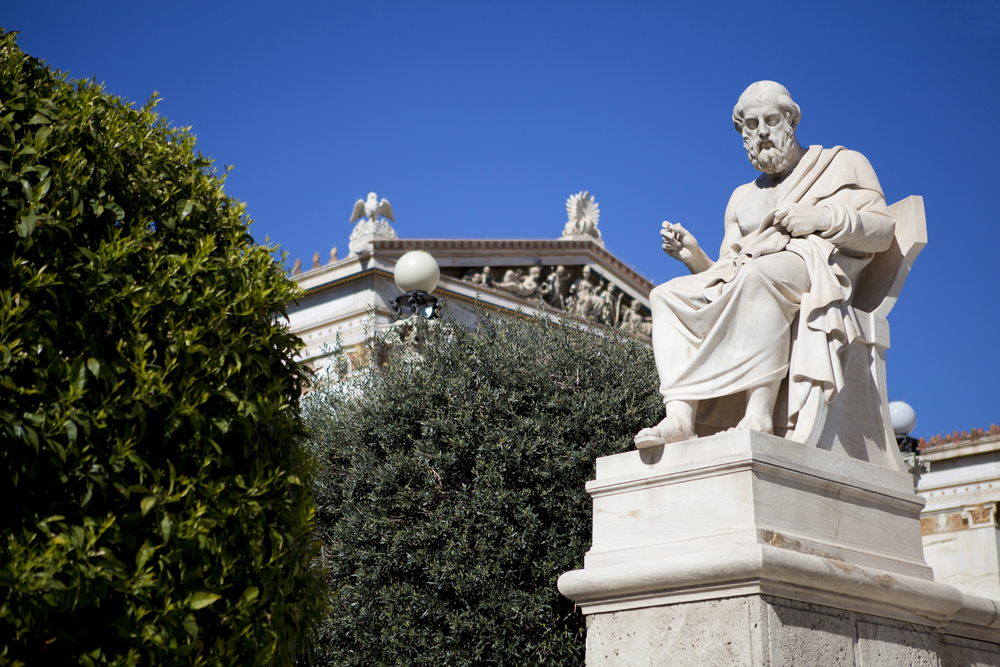January 08, 2026
The Science of God, the God of Science
Philosophy, Aristotle observed, begins in wonder. Too often today, however, philosophy begins in arid formulas that look more like math equations than like curiosity about the great questions of life—“Does God exist?” Continue Reading...


